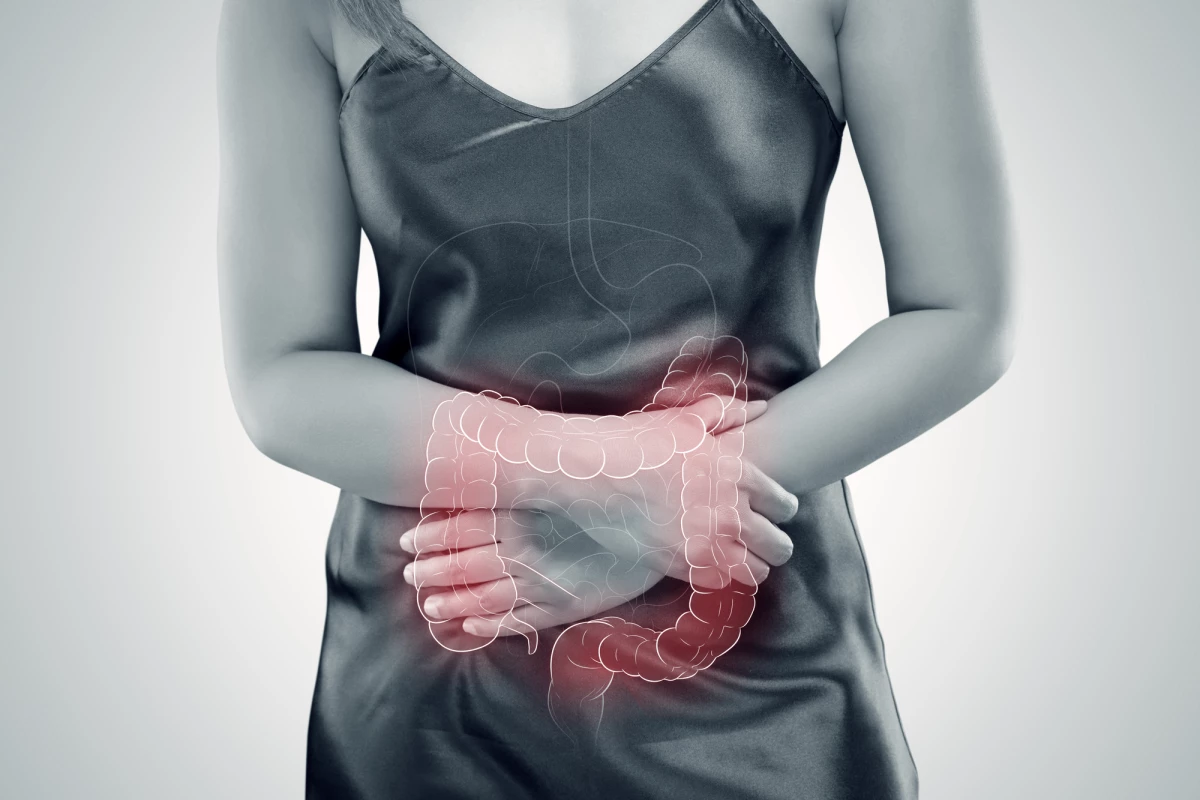A new study published in the journal Nature Communications indicates a possible genetic association between stomach ulcers and depression. The Australian-led research found a genetic link between a susceptibility for peptic ulcer disease and psychiatric disorders such as major depression.
Helicobacter pylori is an incredibly common form of bacteria that resides in around 50 percent of people's upper gastrointestinal tracts. The bacteria came under the spotlight in the early 1980s when scientists revealed it is directly linked to the development of peptic ulcers, yet the majority of people infected with the bacteria do not directly develop stomach ulcers.
The groundbreaking finding led to medication directly treating the disease. Yeda Wu, from the University of Queensland’s Institute for Molecular Bioscience, was still interested in what other factors could be at play governing the onset of peptic ulcer disease.
“As a medical student, I noticed how some patients’ gastrointestinal symptoms improved after psychotherapy or psychiatry treatment,” says Wu.
So Wu and colleagues set out to conduct a large genome-wide association study looking for patterns indicating a genetic susceptibility to peptic ulcer disease. UK Biobank data encompassing more than 450,000 people were studied and eight genetic variations were found to be associated with developing ulcers.
“Six of the eight variations can be linked to why some people are more prone to H. pylori infection, which would make them more susceptible to peptic ulcer disease,” notes Naomi Wray, a corresponding author on the new study.
Using a form of statistical analysis called Mendelian randomization, which is designed to reveal causal associations in big data, the researchers then uncovered a possible bi-directional relationship between major depression and these variants linked with peptic ulcer disease.
Wu says this finding offers insight into why certain psychiatric conditions can often be intertwined with gastrointestinal disorders such as peptic ulcer disease. The study presents a number of hypothetical mechanisms that could explain how depression could influence, or be influenced by, stomach ulcers.
Although more work is certainly needed to better unpack this relationship the study suggests clinicians should consider psychological symptoms when treating patients with peptic ulcer disease.
“While a causal relationship cannot be confirmed between major depression and digestion related disorders (or vice versa), consideration of clinical implications of a possible relationship is justified,” the researchers write in the study. “When treating patients with [major depression], awareness of the digestion symptoms for [peptic ulcer disease] could help to decide if further interventions are needed.”
The new study was published in the journal Nature Communications.
Source: University of Queensland




